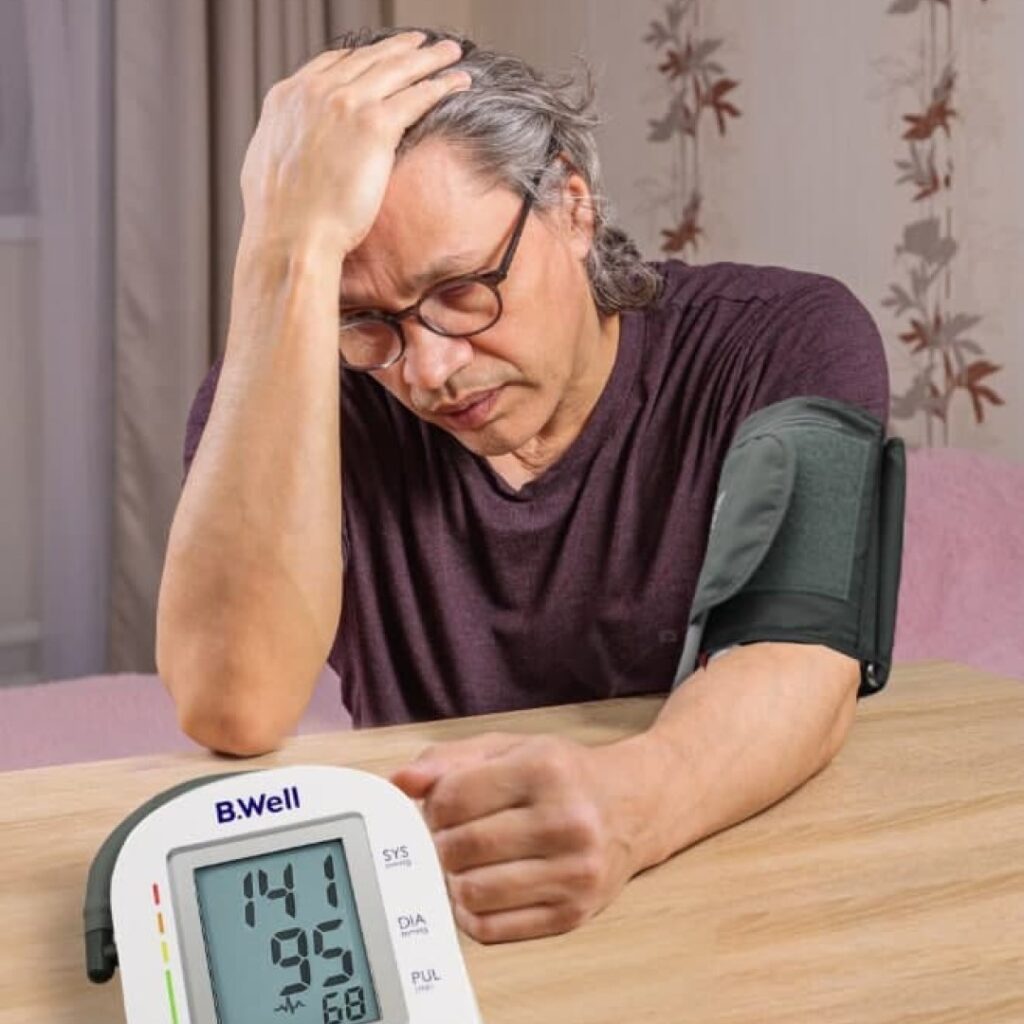 Global - English
Global - English 
Europe
 Germany
Germany
 Albania
Albania
 France
France
 Bosnia and Herzegovina
Bosnia and Herzegovina
 Austria
Austria
 Bulgaria
Bulgaria
 Switzerland
Switzerland
 Croatia
Croatia
 Cyprus
Cyprus
 Denmark
Denmark
 Estonia
Estonia
 Finland
Finland
 Greece
Greece
 Hungary
Hungary
 Kosovo
Kosovo
 Latvia
Latvia
 Lithuania
Lithuania
 Macedonia
Macedonia
 Malta
Malta
 Moldova
Moldova
 Montenegro
Montenegro
 Norway
Norway
 Poland
Poland
 Romania
Romania
 Russia
Russia
 Serbia
Serbia
 Slovenia
Slovenia
 Slowakia
Slowakia
 Spain
Spain
 Sweden
Sweden
 Ukraine
Ukraine
Asia
 Armenia
Armenia
 Azerbaijan
Azerbaijan
 Georgia
Georgia
 Jordan
Jordan
 Kazakhstan
Kazakhstan
 Kuwait
Kuwait
 Lebanon
Lebanon
 Malaysia
Malaysia
 Mongolia
Mongolia
 Oman
Oman
 Pakistan
Pakistan
 Qatar
Qatar
 Saudi Arabia
Saudi Arabia
 Sri Lanka
Sri Lanka
 United Arab Emirates
United Arab Emirates
 Uzbekistan
Uzbekistan
 Vietnam
Vietnam
 Azerbaijan
Azerbaijan
 Georgia
Georgia
America
 Bolivia
Bolivia
 Colombia
Colombia
Africa
 Algeria (Arabic)
Algeria (Arabic)
 Algeria (French)
Algeria (French)
 Egypt
Egypt
 Mauritius
Mauritius
 Morocco
Morocco
 Nigeria
Nigeria
 Republic of South Africa
Republic of South Africa
Global
 International
International
Home and Health
care solutions
Home and Health
care solutions

